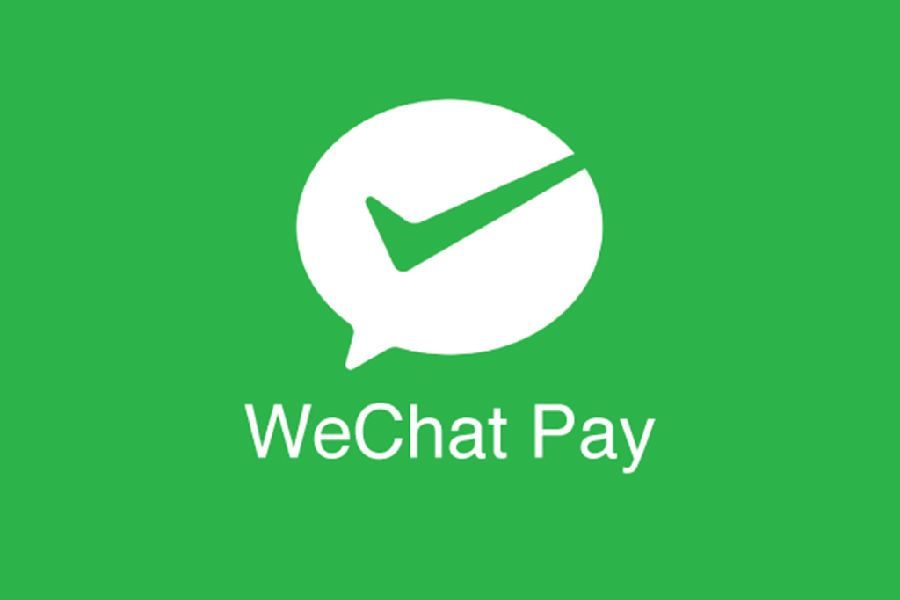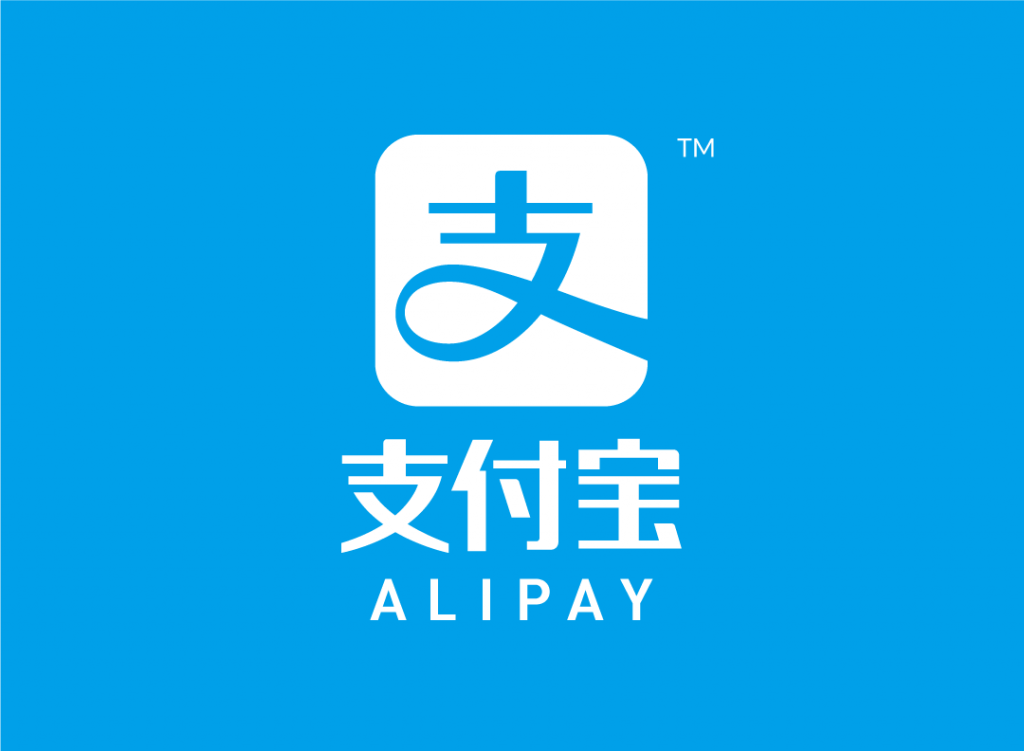Whether you’re here for travel, work, or study, understanding how to use money in China is essential. This blog will provide you with practical tips to help you manage your finances better and enjoy your time in China.
1. Currency Introduction
China’s official currency is the Renminbi (RMB), with the unit called Yuan (¥). Common banknotes include 1, 5, 10, 20, 50, and 100 yuan. Coins come in denominations of 1 yuan, 5 jiao (0.5 yuan), and 1 jiao (0.1 yuan). And usually 1 USD ≈ 7 RMB.
2. Cash vs. Electronic Payments
In China, cash is still widely accepted, but electronic payments are even more prevalent and convenient. I haven’t used cash for years. Electronic Payments is Convenient and fast, available almost everywhere. Most stores, restaurants, and taxis accept electronic payments. Requires linking a Chinese bank account or using an international credit card.


3. How to Use Electronic Payments
Electronic payments in China are primarily made through WeChat Pay and Alipay. Here’s how to use them:
- WeChat Pay:
- Download and register a WeChat account.
- Link your bank card (some international credit cards are supported).
- Top up your “Wallet” or pay directly using the linked bank card.
- Alipay:
- Download and register an Alipay account.
- Link your bank card (some international credit cards are supported).
- Top up your “Balance” or pay directly using the linked bank card.
4. Tipping Culture
Tipping is not common in China. Service charges are usually included in the bill at most restaurants and hotels. If you’re particularly satisfied with the service, you can leave a small tip, but it’s not expected.
5. Budget Tips
The cost of living in China varies by city. Tier-1 cities (e.g., Beijing, Shanghai) are more expensive, while Tier-2 and Tier-3 cities are relatively affordable. Here’s a rough estimate of daily expenses (in both RMB and USD, using an exchange rate of 1 USD ≈ 7 RMB):
- Dining:
- Street food: Around 10-30 RMB (approx. 1.5-4.5 USD)
- Casual restaurants: Around 50-100 RMB (approx. 7-15 USD)
- High-end restaurants: Over 200 RMB (approx. 30 USD or more)
- Transportation:
- Subway fare: Around 3-10 RMB (approx. 0.5-1.5 USD)
- Taxi starting fare: Around 10-15 RMB (approx. 1.5-2 USD)
- Accommodation:
- Budget hotels: Around 200-400 RMB/night (approx. 30-60 USD)
- Luxury hotels: Over 1,000 RMB/night (approx. 150 USD or more)
We hope this information helps make your stay in China smoother. If you have any other questions, feel free to leave a comment below. Wishing you a wonderful time in China!
Happy travels!